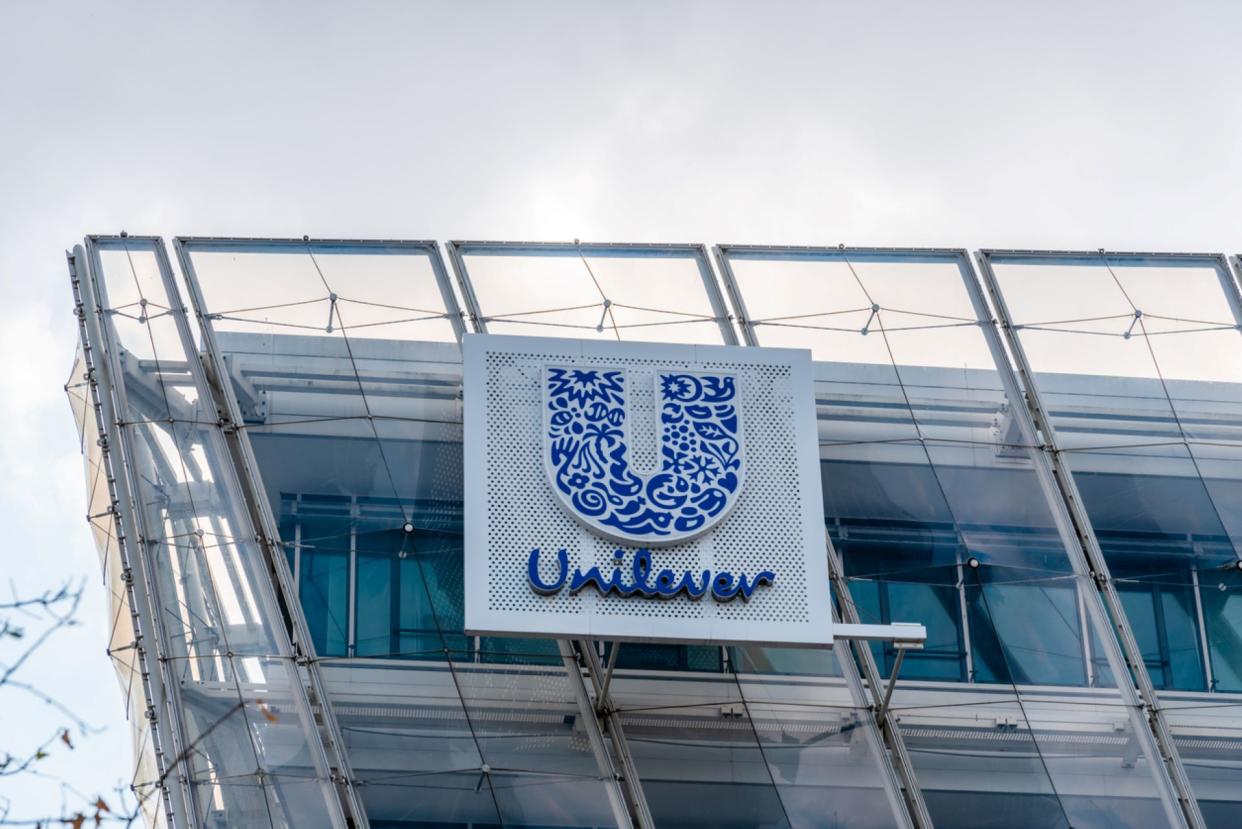Giant consumer goods brand Unilever under fire for product switch-up: ‘A badge of shame’

Despite promises to the contrary, consumer packaged goods giant Unilever is on track to sell 53 billion single-use plastic sachets in 2023. The brand had pledged to halve their use of virgin plastics by 2025, but at this rate, they’ll miss their target by more than a decade.
What’s happening?
A recent Guardian article delves into the report from Greenpeace.
“Unilever really are pouring fuel on the fire of the plastic pollution crisis,” said Nina Schrank of Greenpeace UK. “Their brands like Dove are famous for telling the world they’re forces for good. But they’re pumping out a staggering amount of plastic waste. It’s poisoning our planet … Unilever has to change.”
The plastic sachets are used to package anything from toothpaste to condiments. This is an approach that has been lucrative for Unilever for a long time; in fact, they’re credited with the development of the sachets back in the 1980s. The company’s justification for using the sachets is that they’re more affordable for low-income customers — but they do more harm than good.
Marian Ledesma, a campaigner at Greenpeace Philippines, told the Guardian that “each one of the many Dove sachets we found polluting beaches and waterways should be a badge of shame for Dove and Unilever.”
Why are single-use plastics so bad?
Plastic sachets have a way of accumulating everywhere — clogging drains, littering streets, and washing into the ocean. They’re dangerous for wildlife, who sometimes starve to death with stomachs full of plastic. Pollution can also make countries less appealing to tourists, putting much-needed tourism dollars at risk.
And Unilever isn’t the only offender. A Plastic Planet found that 855 billion sachets are sold every year, which is enough, they say, to cover the entire surface of the Earth. Plastic was found at the deepest part of the Mariana Trench, which is quite literally the most remote place on the planet.
Greenpeace is calling on Unilever to support a global plastics treaty, which would include a legally binding target of cutting plastic production by at least 75% by 2040.
“We’re working on a range of solutions to reduce our use of plastic sachets, which are difficult to recycle, and replace them with alternatives,” a spokesperson for Unilever said.
What can consumers do?
Consumers can help work toward a plastic-free future by supporting brands that utilize plastic-free packaging and not supporting those who fail to meet their own commitments.
Several groups are working to innovate around plastic-free alternatives, such as the University of Cambridge researchers who created mind-boggling vegan spider silk. And some brands, like Pepsi, are converting their plastic packaging to more sustainable options.
By supporting brands like these and stepping back from brands that fail to meet their pledges, we can change the way we hold corporations accountable and envision a plastic-free future.
Join our free newsletter for cool news and actionable info that makes it easy to help yourself while helping the planet.

